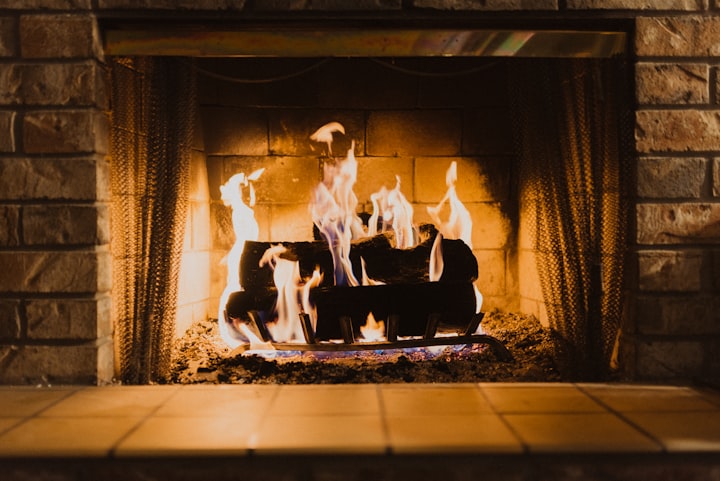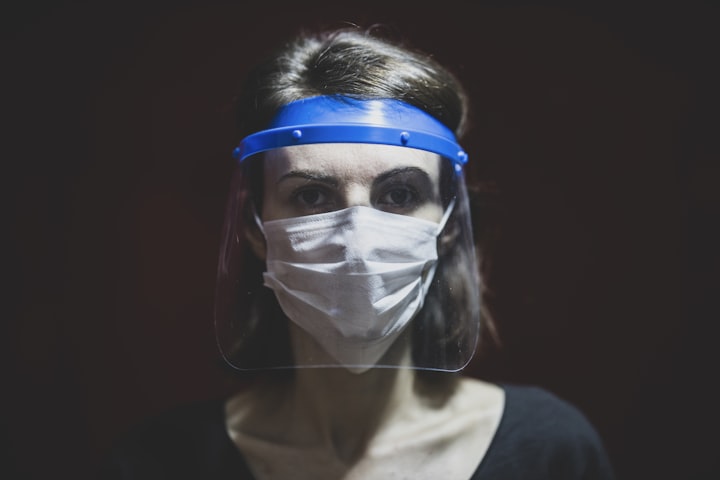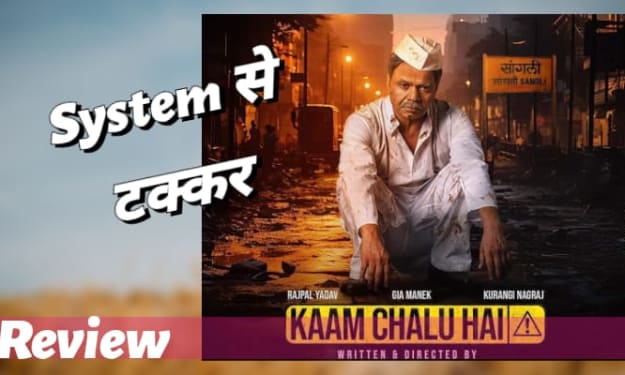Warming our Hearts by the Hearth
Storytelling around the fire has changed forever

In many popular fairy tales, the family gather around the hearth: in Snow White and Rose Red, the bear is invited inside during the winter where they gather and tell stories and play. Cinderella swept the hearth and huddles around it at night and the Little Match Girl dies, cold and alone on the streets, burning each match while she watches families warm themselves inside by the fire.
Early humans gathered around the fire and over time, they told stories - of heroism and sacrifice, of mistakes and friendship, of loyalty and love - all of humanity's collective values and lessons and experiences were nurtured in these stories. But like all stories they changed over time. Prior to electricity, stories were told in the warmth and companionship of sitting around a fire. Fire, in its essence is about transformation, adaptation, burning something deep from within. It symbolises our own inner fire, the light within us, both individually and collectively. It's a primal feeling to go camping and gaze mindlessly into an open fire, lost in the wildness of it all. But how many homes still have a an open fire and more importantly, what have we lost by no longer gathering together in the darkness to watch the light flicker off the faces of our loved ones while telling stories about the world?
In the 1920s with radio and then later, the 1950s with television, our evening habits changed the way humans lived forever. We no longer gathered around the hearth to share stories, we gathered, hypnotised by the moving screens of these new toys. I remember being a child with our big, boxy, black and white television with heavy buttons - I don't know a world without television, do you? For years, the programmes improved and storytelling has progressed to such a sophisticated level that we are completely immersed into a series that we will sit, transfixed for hours, into the wee hours of the morning - #Outlander, I'm looking at you!
Then of course came the personal devices in the early 2000s. Now, stories were instantly available on a hand-held device and the possibility of the hearth disappeared into the ether. Last year, I asked my 14-year-old students how many screens they had in their homes - the average was seven. Seven screens per home. No longer do we have a hearth where we gather around, we aren't even gathering around the television anymore, now, we gather alone on our own devices, separate from our friends and families, watching things which help us to stay in our own bubble of interest.
The folk tales that became the familiar fairy tales documented by the Grimm Brothers, Charles Perrault and others have been told and re-told for familiarity and comfort, for lessons and values just as humans have done for millenia. I wonder if the inner disconnection we all feel from the Earth and each other, is that longing to be part of a tradition that has now been lost with 100 years of technology and the absence of the inner fire of stories within us.
We have gained much from the sophistication of visual storytelling that comes with CGI, big budgets, wonderful scriptwriting and acting, and of everyday storytelling on YouTube, Instagram, Facebook, Snapchat and TicTok. But I wonder what we have lost by no longer sharing these stories in person. Of course we have social media to follow the programmes and find other people who love the same visual stories we do, but I wonder if in our connections with like-minded friends in a global community, it takes away the intimacy that comes with being present with others who might not share our views.
Who knows what our stories will be in the future. By all accounts, they'll have some technological basis. But how wonderful it is to share the inner wonder of a story told to bring hope, compassion and more love into the world by the light of a fire with familiar faces.
©Alyssa Curtayne 2020
About the Creator
Alyssa Curtayne
WRITER, TEACHER, CREATOR
I write for my own therapy - I write when I'm happy, I write when I'm sad and I write because I love having the crazy ideas in my head on paper so I can really embody them. I hope what I write can help you too.






Comments
There are no comments for this story
Be the first to respond and start the conversation.